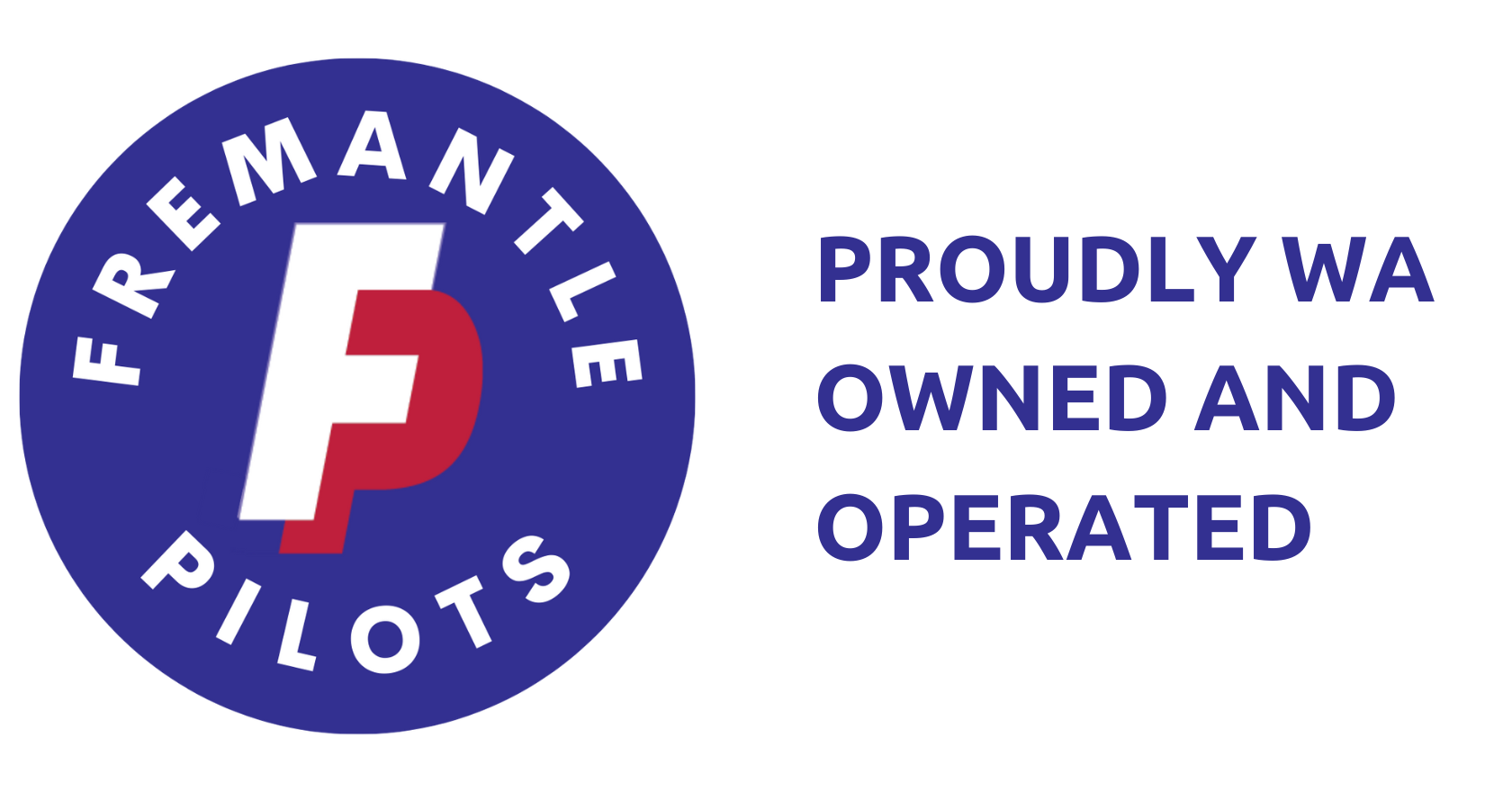Technology
Fremantle Pilots embraces cutting-edge technology to enhance the accuracy and efficiency of navigation services. From Portable Pilot Units (PPUs) to advanced software and simulation tools, our commitment to leveraging the most modern equipment reflects our dedication to providing top-tier pilotage services.
At the forefront of maritime technology, Fremantle Pilots employs the most advanced tools available. Our approach involves a collaborative partnership with the Fremantle Port Authority (FPA) to identify, train, and implement the latest technologies, ensuring the safest and most efficient ship manoeuvring within the harbour.















